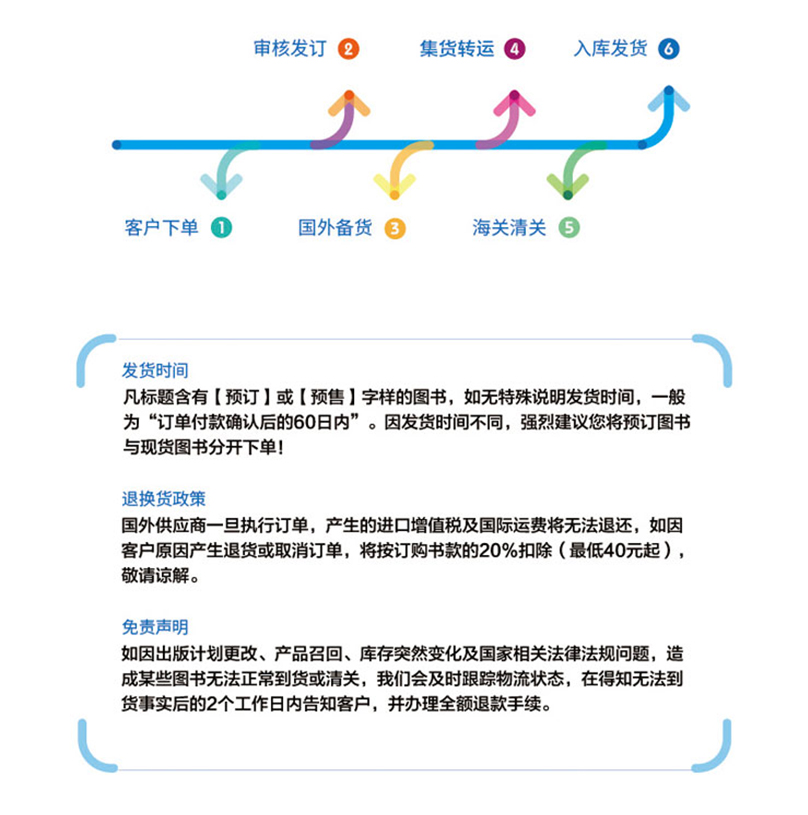
| Product Details基本信息 |
| ISBN-13书号 | 9780300057287 |
| Author作者 | Kathleen Burk,Sir Alec Cairncross |
| Format版本 | 精装 |
| Pages Number页数 | 290页 |
| Publisher出版社 | Yale University Press |
| Publication Date出版日期 | 1992年3月25日 |
| Product Dimensions商品尺寸 | 23.4 x 1.7 x 15.6 cm |
| Shipping Weight商品重量 | 585 g |
| Language语种 | 英语 |
Book Description内容简介 On 4 March 1976 the value of the British pound against the US dollar began to slide in international markets. The slide turned into a rout and triggered a traumatic economic and political crisis. By September confidence in the pound had collapsed; the Labour Government under Prime Minister James Callaghan was forced to turn for help to the International Monetary Fund, a familiar option for Third World countries but unusual for a developed Western economy. This study uncovers the most searing economic crisis of postwar Britain to reveal its historical roots and contemporary context. By the mid-1970's, the weakness and instability of the British economy, caused in part by the 1973 rise in oil prices, was a source of international concern. In April 1975 "The Wall Street Journal" advised investors to get out of sterling under the headline "Good-bye Great Britain". The US Government in particular feared economic crisis would drive Britain into a left-wing siege economy, endangering Nato and the EEC. Anticipating the threat, the US Treasury set out to force Britain to make major domestic policy changes. The sterling crisis provided the opportunity. The IMF provided the weapon. Arriving in London in November 1976, the IMF mission announced that the price for the loan included deep cuts in public expenditure. The consequent political crisis was fought out in private and in public, amongst members of the British Cabinet, the Labour party, the Treasury and the Bank of England. It involved the US President, Treasury and State Department, the Federal Reserve, the German Chancellor and the Bundesbank. Burk and Cairncross uncover the manoeuvres of the Labour Government to evade IMF conditions. The book also examines underlying economic factors, the political agenda, the rise of monetarist ideas and the Keynesian response. Juxtaposing narrative with analysis, it provides answers to critical questions and reveals how the breakdown of the post-war consensus on macroeconomic management paved the way for the triumph of Thatcherism.

